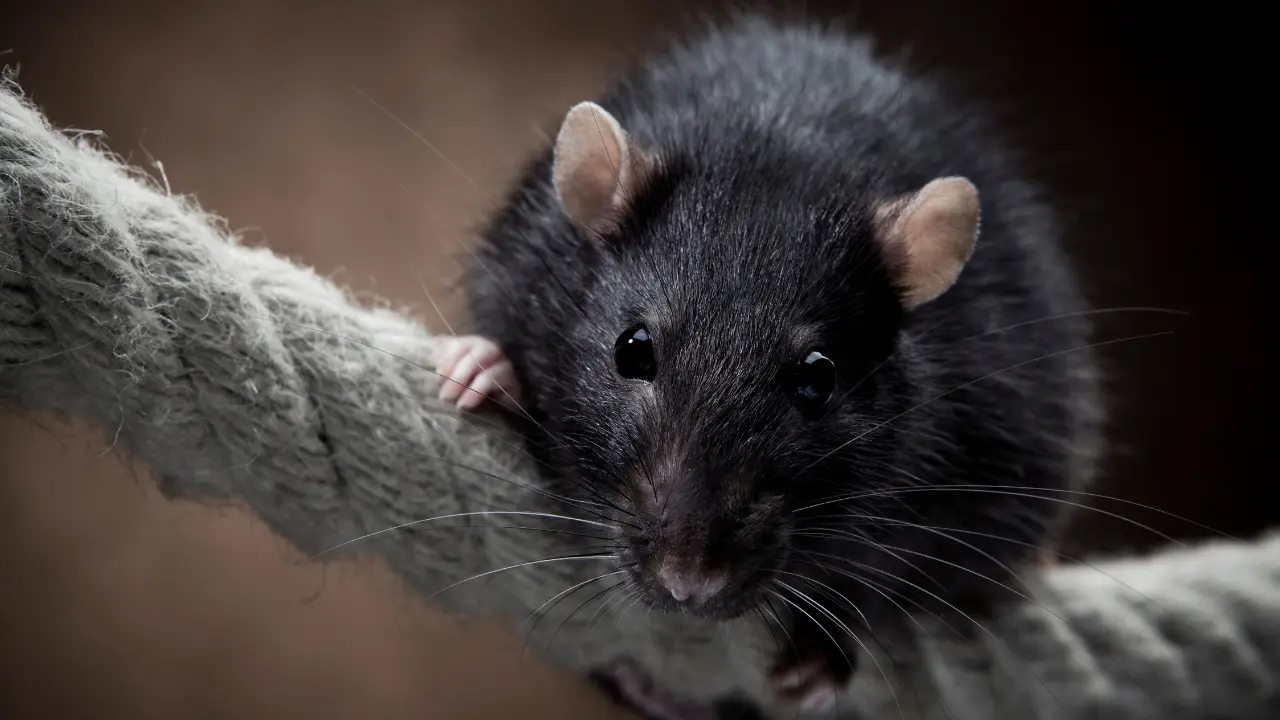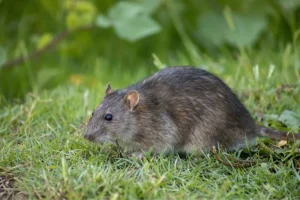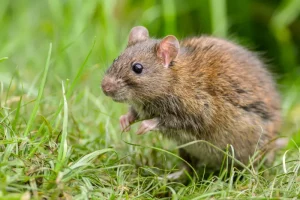
Rat Species in the Philippines
Last updated on May 17th, 2024 at 04:30 pm
In the Philippines, there are many rat species, each with its own traits and habits. Whether it’s the fast-moving Black Rats or the tough Brown Rats, these rodents are important in both cities and countryside. Knowing about each kind is important for keeping them under control.
What are two main types of Rat Species?
Rat control is paramount in the Philippines to manage the growing rat population and infestation in both urban and rural areas. Among the numerous species, two main types cause concern – the Brown Rats (common rats) and the Black Rats (sewer rats), commonly found in private homes and business properties.
Black Rats

-
Common Names: Black Rats, Ship Rats, Roof Rats, House Rats
- Description: Dark brown or black in color, slender, and agile, Black Rats or Roof Rats possess a tail longer than their head and body combined. Weighing between 2.6-8.1 oz (75-230 g), they have pointed noses and large ears.
- Habitat: Black Rats are predominantly found in high places such as structures, but they may also inhabit basements, sewers, or the undersides of buildings.
-
Behavior: Omnivorous by nature, Black Rats have a diverse diet and are known to cause damage to crops, food storage, and electrical wiring. They breed prolifically, reaching sexual maturity in 3-5 months.
Brown Rats

-
Common Names: Norway Rats, Norwegian Rats, Sewer Rats, Water Rats, Rattus norvegicus
- Description: Also known as Rattus norvegicus, Brown Rats are larger rodents weighing up to 500g. They have shaggy, grey-brown fur on top and white to grey fur on the bottom.
- Habitat: Brown Rat species are commonly found near farms, garbage dumps, and sewers. They thrive in urban environments and have a significant presence in both residential and industrial areas.
-
Behavior: Brown Rats considered as major carriers of diseases that can be transmitted to humans. They pose a significant threat to crops and properties, causing extensive damage and economic losses.
Importance of Professional Rat Control
Effective rat control is essential to mitigate the risks posed by these rodents and protect public health and safety. Environet Pest Control offers professional pest control services tailored to the unique challenges posed by each species. Bait stations, snap traps, and glue traps are among the tools utilized to combat rat infestations. Thorough inspections, identification of entry points, and destruction of rat nests and burrows are crucial steps in preventing further rodent activity.
Rat control services can help control and reduce the damage and health risks caused by them. Rat problems should be addressed as soon as possible, and the damage rats cause should be repaired to prevent further rodent activity. Black rats, mice, and other rodent species should also be considered when conducting rat control services.
Conclusion
In conclusion, understanding the behavior and habits of rat species is key to effective rat control in the Philippines. By recognizing the threat posed by Brown and Black Rats and implementing proactive measures, individuals and communities can safeguard their health and properties from the detrimental effects of rat infestations. With Environet Pest Control’s expertise and experience, victory in the battle against rats is within reach. Don’t let these rodents jeopardize your well-being – take action today and ensure a rat-free environment for yourself and your community.
Frequently Answered Questions
How do I know if I have a rat infestation?
Signs of a rat infestation include droppings, gnaw marks on food packaging or structural materials, nests made of shredded materials, and sightings of rats, especially during nighttime. Unusual pet behavior, such as barking or scratching at walls, can also indicate the presence of rat populations.
What are the health risks associated with rats?
Rats can transmit diseases through their droppings, urine, and saliva. These diseases include leptospirosis, hantavirus, salmonellosis, and rat-bite fever. Additionally, rats can introduce fleas, ticks, and mites into homes, further increasing the risk of disease transmission.
How can I prevent rats from entering my property?
To prevent rats from entering your property, seal any cracks or openings in walls, floors, and foundations. Keep food stored in airtight containers, promptly clean up spills, and maintain proper sanitation in and around your home or business. Regularly inspect and maintain your property to eliminate potential nesting sites and food sources.
What should I do if I find rats in my home?
If you discover rats in your home, it’s essential to take immediate action to address the infestation. Contact a professional pest control service, like Environet Pest Control, for assistance. In the meantime, avoid handling rats or their droppings without proper protection to reduce the risk of disease transmission.
Are DIY rat control methods effective?
While DIY rat control methods such as setting traps or using rodent baits may provide temporary relief, they may not address the root cause of the infestation or effectively eliminate all rats present. Professional pest control services have the expertise, tools, and knowledge to assess the situation comprehensively and implement targeted solutions for long-term rat control.
